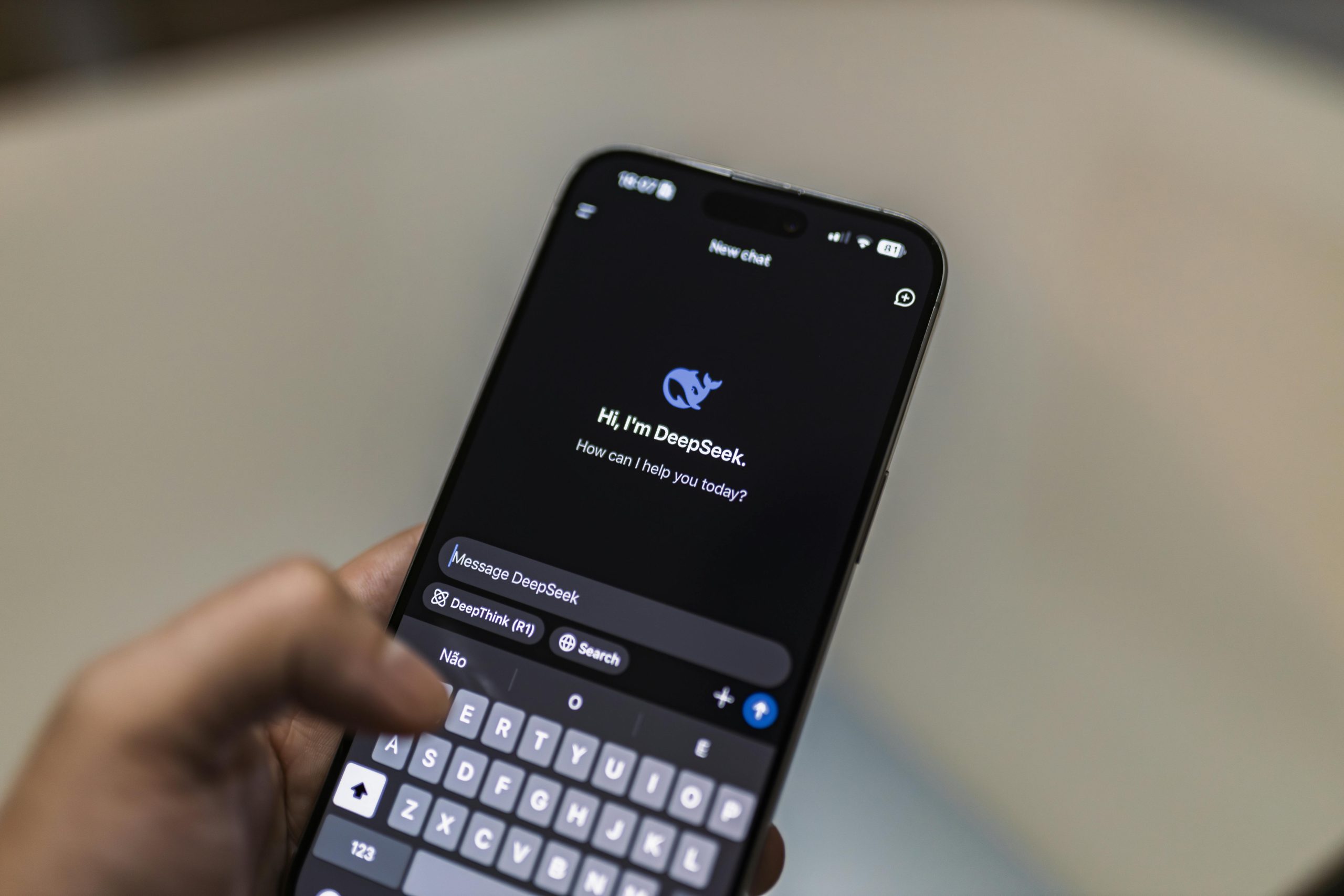What Are the New Strategies for Brainstorming and Planning Now that GPT’s Cognitive Abilities Are Diminished?
Navigating the Challenges of AI Collaboration: Insights on GPT-4’s Limitations
As we continue to rely on advancements in Artificial Intelligence for our brainstorming sessions and planning processes, it’s essential to address the evolving capabilities and limitations we encounter. In particular, many users have observed notable changes in tool performances, especially with versions like GPT-4.
Initially, interacting with GPT-4 offered a seamless experience filled with creative and concise contributions. The tool was particularly effective in streamlining ideas, enhancing productivity, and refining business documents. However, recent experiences raise questions about its current functionality.
Current Challenges with GPT-4
-
Inconsistent Responses: Many users have reported that GPT-4 now tends to generate incomplete or inaccurate information. Instances arise where the AI diverts from the original request, offering information that may not align with the user’s intent.
-
Recognition of Errors: While the system is programmed to acknowledge mistakes when pointed out, this acknowledgment can sometimes feel insufficient. Users expect not just an admission of error but a resolution that aligns with their needs.
-
Misleading Feedback: On occasions, after recognizing a discrepancy, the AI can default to vague assertions about the reasons behind its previous responses, which may lead to further frustration.
-
Prompting User Agency: There are instances when the tool seems to push the responsibility back onto users, suggesting alternatives without providing direct assistance. This can diminish the collaborative aspect that many users seek from AI tools.
Rethinking AI Collaboration
These challenges prompt a reevaluation of how we interact with AI in our planning and brainstorming activities. While tools like GPT-4 can still be beneficial, incorporating additional resources and strategies may enhance the effectiveness of our creative processes.
Consider blending AI tools with manual brainstorming or utilizing supplemental software designed for specific tasks. Utilizing a multi-faceted approach can help mitigate frustrations and improve overall results.
In conclusion, while AI tools have transformed the way we approach idea generation and document creation, remaining adaptable and open to various methods is crucial. Embracing both AI capabilities and traditional techniques can lead to more fruitful outcomes in our professional endeavors.
Navigating the evolving landscape of AI collaboration can be challenging, but with the right approach, we can harness the full potential of these tools without compromising the quality of our work.














Post Comment